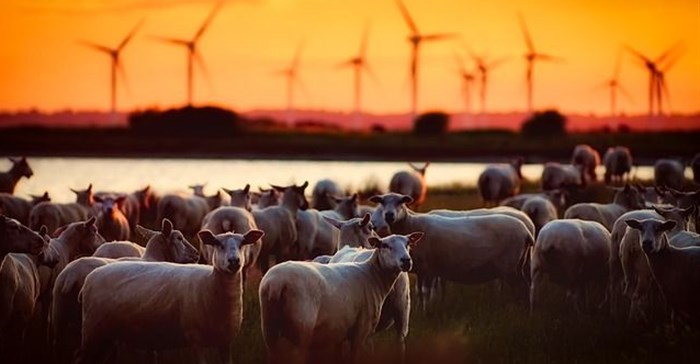South Africa and her trading partners took concerned notice of the Foot-and-Mouth Disease (FMD) spill-over reported in January 2019. Rapid and coordinated action from government and industry followed reports of the outbreak.
After a meeting between the Department of Agriculture, Forestry and Fisheries (DAFF) and the National Animal Health Forum (NAHF), three task teams were set up to deal with the FMD outbreak, and management of the disease going forward. Technical, communication and trade task teams were formed.
On 4 February 2019, the DAFF hosted a press conference to update the media and the public on task team progress. Minister Senzeni Zokwana said the immediate goal of any action taken with regard to FMD focuses on containment. Importantly, the spillover has been contained and a ‘clean-up’ is now in process and many of SA’s trading partners have partially or fully re-opened their borders to South African red meat, and red meat products.
According to DAFF’s official statement, four positive locations in Limpopo Province have been reported to the OIE to date. These locations were confirmed on (PCR) Polymerase chain reaction and serology tests, conducted by Onderstepoort’s Veterinary Research Transboundary Animal Disease programme.
Animals affected by the outbreak are cattle kept in rural villages with communal dip tanks and grazing. The affected villages are within a 20 km radius of one another. There are an estimated 15,000 cattle in the 20km zone around the affected villages, of which 4,500 are in the FMD free zone. This is the number of animals in the affected area and not animals testing positive.
The area enclosed by the R81, R36, N1 and R524 roads was declared a disease management area, to contain the spread of the disease. The exact boundaries of this area will be published in the government gazette. A joint operations committee (JOC) consisting of: the traffic department, DAFF, district disaster management, the SA Police, industry (the National Animal Health Forum, the Feedlot Association) and provincial and state veterinary officials meets daily. The JOC has facilitated the placement of 15 roadblocks at strategic points to restrict animal movement.
A veterinary operations committee (VOC) which also meets daily, was set up. The VOC has three main functions: inspection/surveillance, vaccination and movement control. There is currently no culling of affected, or in-contact, animals. Vaccination of cattle in the affected villages, and the surrounding 20km zone began on 14 January 2019. To date, more than 10,000 cattle have been vaccinated and marked for identification purposes.
Trade relations
Positive test results for FMD in an FMD-free zone, and the subsequent loss of the OIE FMD-free status causes countries to close their borders to trade, in cloven-hoofed livestock and the produce of these animals, from the affected country.
At the previous press conference, Dr Pieter Vervoort of the National Animal Health forum reminded the media that a process of negotiation follows the immediate bans. "Our trading partners have already come back to the table to discuss the situation. They want to know exactly what happened, where it happened, what the extent of the situation is, and whether we have FMD-free animals to trade. It is our responsibility to communicate with these trading partners and reassure them that we can provide produce from FMD-free animals. The task team is focused on trade and will have an important job to do here," he said.
According to a statement, DAFF notified the country’s trading partners and gave an update on the FMD outbreak. Trading partners have been asked to consider continuation of trade in safe products. Guarantees have been provided for products which do not pose a risk of transmitting the disease, such as heat-treated meat and dairy products, deboned and matured beef, scoured wool, salted hides and skins, livestock embryos and pork products from known FMD-free pig operations.
Many of SA’s trading partners relaxed restrictions on processed products after the FMD update reports were released and communicated. Trade in safe commodities to direct neighbouring countries has largely been allowed and, where necessary, negotiation of new health certificates is underway. There has also been progress made with negotiations to re-open markets for deboned matured beef, processed dairy products and processed hides and skins to the other African countries, the Middle East and the Far East.
Dr Mpho Maja explains more in this video:
DAFF made assurances as to its commitment towards regaining FMD-free status which is a long process with many boxes to check. DAFF also committed to transparency throughout the process.
More stories on this topic here.




















































